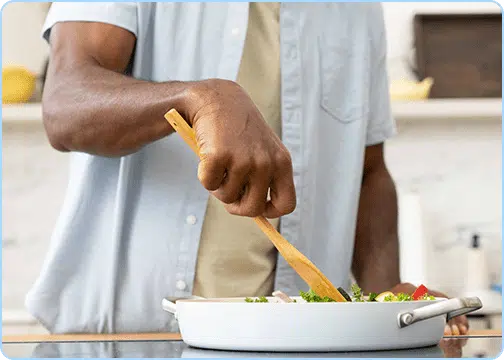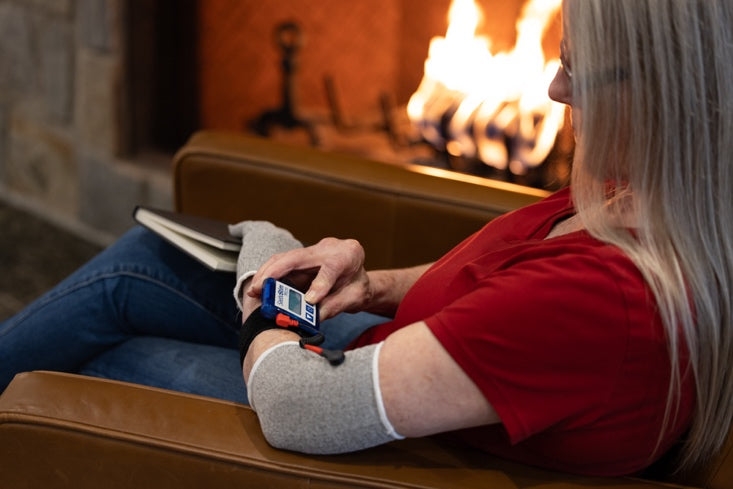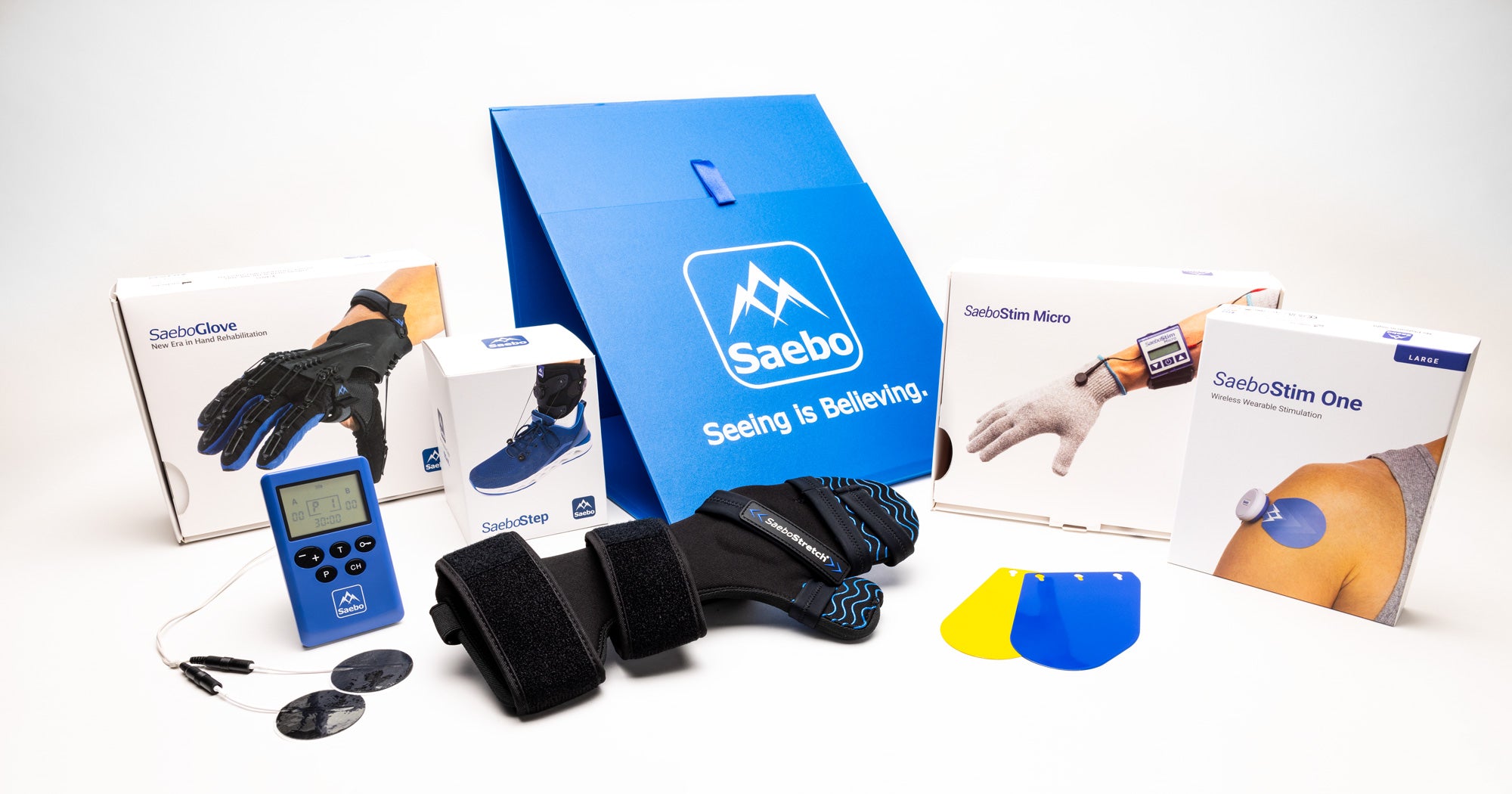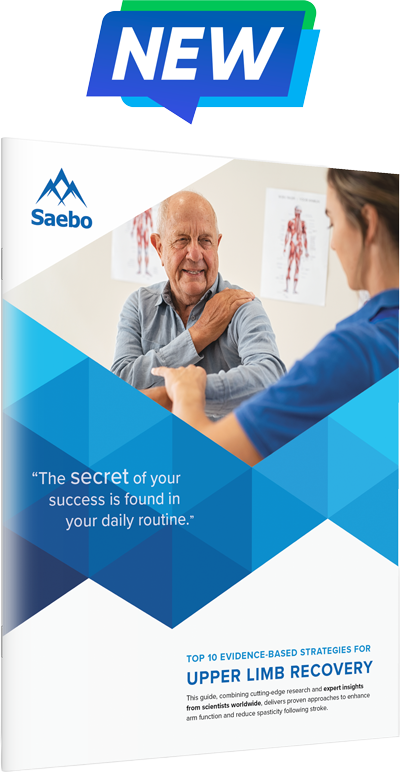How "Good" Stroke Survivors Help All Stroke Survivors


How "Good" Stroke Survivors Help All Stroke Survivors By Peter G Levine
When physical and occupational therapists read stroke-specific clinical research, they are often skeptical. One of the main reasons for therapists being dubious of research is that research often reveals something contrary to his or her clinical observations.
Therapists are not scientists. They do not collect data, randomize sample populations, create control groups, or any of the many other things scientists do. The truth is, without the scientific method, humans make terrible scientists. We are naturally biased and have faults in reasoning. Once something is believed, it is difficult to “unbelieve” it, even when our belief is contradicted through science.
The bottom line is that clinical observation and science sometimes don’t agree. Clinicians are often distrustful of research when it’s at odds with their observations, and therefore they may not incorporate research they distrust into their practice.
There is another big reason therapists are distrustful of research. And this distrust has a name: Mrs. Smith. While not a very imaginative name (“Smith” is the most common name in the States), Mrs. Smith does exist.

Let me describe her to you. Mrs. Smith is 63 years old, college-educated, and has good insurance and family support. She is motivated and cognitively intact enough to strive for full recovery. She is -paretic not -plegic (weakness, not paralysis) on her affected side. Other than the effects of her stroke, she is relatively healthy with few significant comorbidities.
Most therapists do not see many survivors who are relatively healthy outside of the effects of their stroke and motivated to work towards full recovery. A typical survivor in a nursing home could likely have some combination of diabetes, kidney failure, and Alzheimer's in addition to their stroke.
Mrs. Smith is what most therapists would call a “good stroke,” which is code for “the sort of stroke patient that ends up in a rehab hospital.” There is some jealousy in the “good stroke” description. Survivors with extraneous conditions are harder to treat and make less progress in rehab. Mrs. Smith on the other hand, is the sort of stroke survivor who volunteers for scientific studies and clinical trials.
Therapists need to know that Mrs. Smith does exist. In fact, stroke can strike at any age and younger survivors are unique. Young survivors who are less than 65 years of age are typically healthier and maintain higher levels of responsibility such as work or childcare compared to older stroke victims. Young survivors can tolerate aggressive treatments more easily and are less likely to accept it when clinicians say, “That’s all the return you’ll get.”
While this group of healthy, motivated stroke survivors is typically composed of young survivors, plenty of healthy, older (65+) survivors fall into this category as well. And it is from this group of relatively healthy survivors that researchers recruit for their studies.
Researchers typically look at stroke survivors who are younger and healthier compared to the the general stroke population. If it wasn't for Mrs. Smith, we couldn’t do this research at all. And what we learn from Mrs. Smith can be used to help all survivors, not just the survivors as lucky as she is.
All content provided on this blog is for informational purposes only and is not intended to be a substitute for professional medical advice, diagnosis, or treatment. Always seek the advice of your physician or other qualified health provider with any questions you may have regarding a medical condition. If you think you may have a medical emergency, call your doctor or 911 immediately. Reliance on any information provided by the Saebo website is solely at your own risk.
All content provided on this blog is for informational purposes only and is not intended to be a substitute for professional medical advice, diagnosis, or treatment. Always seek the advice of your physician or other qualified health providers with any questions you may have regarding a medical condition. If you think you may have a medical emergency, call your doctor or 911 immediately. Reliance on any information provided by the Saebo website is solely at your own risk.




